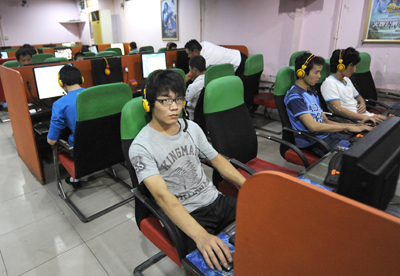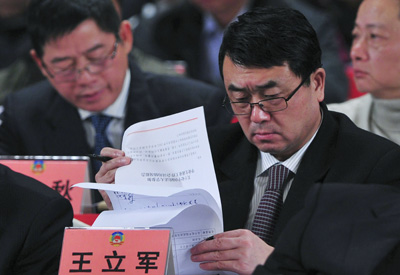
Chinese media little help with Chongqing mystery
The website of Xinhua News, China’s state media flagship, leads today with EU’s threats of sanctions against Syria. Elsewhere on their Chinese-language site, one can read about Wen Jiabao’s remarks to the visiting Canadian prime minister, or look at photos of pretty white ladies lounging around, if that’s your style.
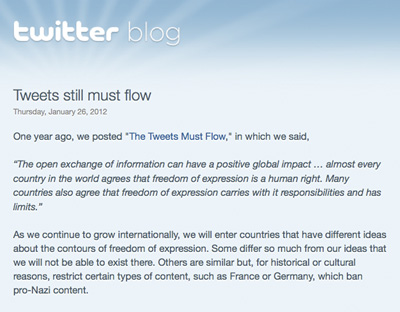
Can selective blocking pre-empt wider censorship?
Last week, Twitter provoked a fierce debate online when it announced a new capability–and related policy–to hide tweets on a country-specific basis. By building this feature into its website’s basic code, Twitter said it hoped to offer a more tailored response to legal demands to remove tweets globally. The company will inform users if any…
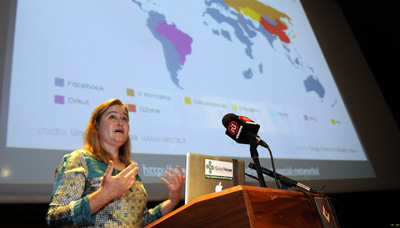
Does the Internet boost freedom? We decide, book says
The Internet doesn’t bring freedom. Not automatically, anyway. That’s one of the main messages of Rebecca MacKinnon’s new book, Consent of the Networked, which had its New York launch at the offices of the New America Foundation last night. In a conversation with CNN managing editor Mark Whitaker, MacKinnon, a CPJ board member, said it’s…

Chinese press has impact, against the odds
In China, state control over the media hasn’t become more lax in recent years. Each year brings a new excuse for Communist Party censors to tighten the screws. The year of the rabbit brought the Arab Spring, and fears of a Jasmine Revolution. The year of the dragon brings a major political transition.
For journalists, cyber-security training slow to take hold
For centuries, journalists have been willing to go to prison to protect their sources. Back in 1848, New York Herald correspondent John Nugent spent a month in jail for refusing to tell a U.S. Senate committee his source for a leak exposing the secret approval of a treaty with Mexico. In a digital age, however,…
Google+, real names and real problems
At the launch of Google+, Google’s attempt to create an integrated social network similar to Facebook, I wrote about the potential benefits and risks of the new service to journalists who use social media in dangerous circumstances. Despite early promises of relatively flexible terms of service at Google+, the early days of implementation were full…
In China, real people vs. Internet minders
In the next three months, users of China’s microblog weibo.com — “weibo” is the generic Chinese term for Twitter-like platforms — run by the huge sina.com (the English site is here) news portal, entertainment and blogging site, will have to start providing their real-world identities to the site, instead of simply being able to register.…
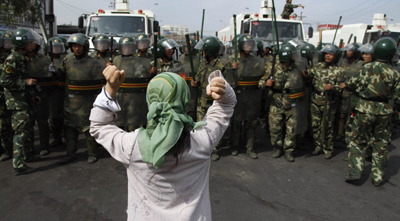
China’s jailed Uighurs: Out of sight, not out of mind
For the first time in more than a decade, China is not the world’s worst jailer of the press in CPJ’s annual census of imprisoned journalists. Among the 27 jailed in China, one group has seen a massive jump in imprisonments. In another first since CPJ began taking its census, more than half of those…
Defending the middle ground of online journalism
It’s easy to use polarizing descriptions of online news-gathering. It’s the domain of citizen journalists, blogging without pay and institutional support, or it’s a sector filled with the digital works of “mainstream media” facing financial worries and struggling to offer employees the protection they once provided. But there is a growing middle ground: trained reporters…
